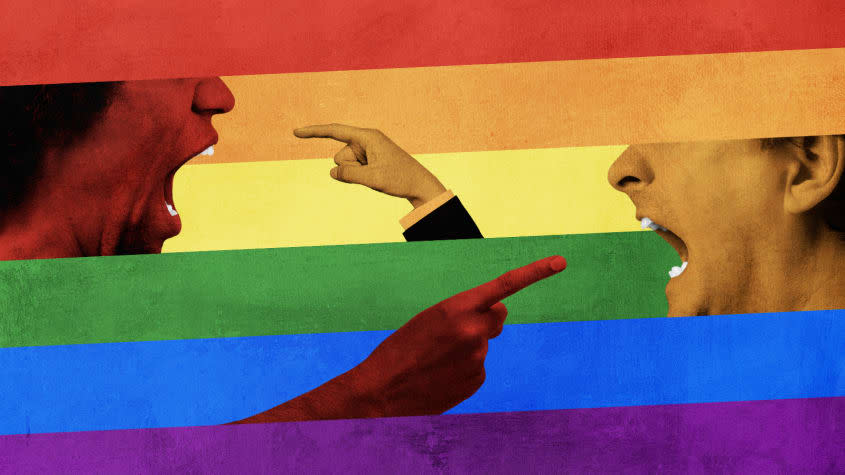What the 'Don't Say Gay' bill debate tells us about democracy

Not since the partial-birth abortion bans of the 1990s has the name of a bill been at least as hotly debated as its contents. This time, the social liberals have won: Florida's Parental Rights in Education Act has been successfully rebranded by its opponents as the "Don't Say Gay" bill, over the objections of supporters to it being so characterized not only by activists but also by much of the media.
The legislation seeks to restrict the discussion of sexual orientation and gender identity with public school children, especially from kindergarten to the third grade, and enhance the ability of parents to object to the local sex education curriculum. It comes at the same time as a similar debate over parental rights and the teaching of critical race theory in government schools.
Critics of both these pushes regard this as akin to the John Scopes trial over illegally teaching evolution. Indeed, many of the bills now under consideration will prove overly broad. There will be excesses where innocuous books or classroom instruction become the subject of controversy or even prohibited (though these disputes would not be occurring were there not also excesses in the opposite direction).
More than an argument over human sexuality or critical race theory, though, the debate is fundamentally about on what side does a community err and who gets to decide. The parents who raise the children, the taxpayers who support the schools, and the voters who elect the school boards — or the education professionals? There is no shortage of dedicated and compassionate teachers, nor inadequate parents. But the professionals have not always covered themselves in glory over the past two years and parents often know their children best.
A presumption in favor of parents discussing sex with their own young children is not an unreasonable one. Democratic accountability for those who decide how public school students will be taught is also a good thing, even if there will sometimes be bad outcomes. That's democracy.
Extremist conservative school boards can be voted out as easily as "woke" ones, and not all parents weighing in on their children's instruction will lean right. Much of the argument that parents should generally defer to the professionals is reminiscent of an old story by former Sen. Phil Gramm, who'd once asserted that "my educational policies are based on the fact that I care more about my children than you do." Challenged by an interlocutor who insisted that wasn't true, Gramm replied, "OK. What are their names?"
You may also like
Putin's Plan B for Ukraine: A DMZ between East and West
Ukrainian family denied entry at U.S. border after fleeing war

